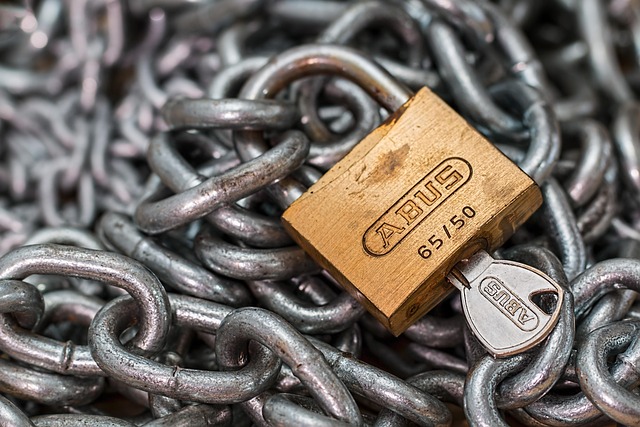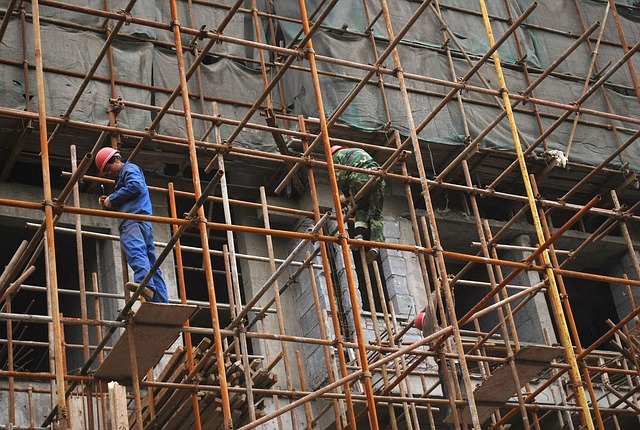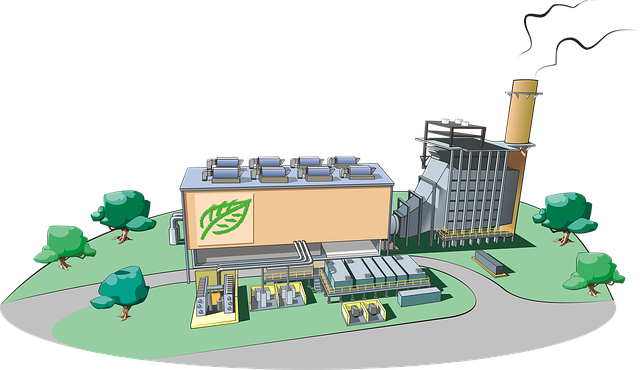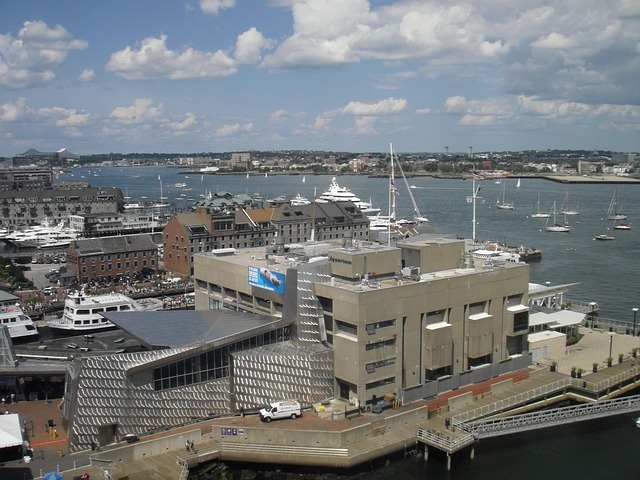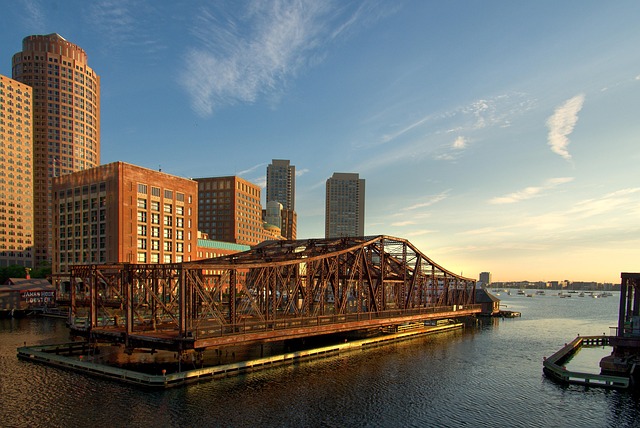Boston's innovative electronics recycling program tackles e-waste management by offering accessible drop-off locations and a no-sort system, simplifying recycling for residents and businesses while recovering valuable resources. This initiative addresses toxic substance contamination from improper e-waste disposal and promotes sustainable computer recycling practices through specialized sorting and processing methods, aiming to keep materials out of landfills.
In today’s digital age, electronics waste is a growing concern. Boston has emerged as a leader in addressing this issue with innovative green tech waste removal services. This article explores Boston’s commitment to sustainable practices through Electronics Recycling initiatives, delving into the environmental impact of tech waste and highlighting the comprehensive services offered. We’ll guide you through the process of sustainable disposal, showing how individuals and businesses can contribute to a greener future. Keyword focus: electronics recycling Boston.
- Electronics Recycling: Boston's Green Initiative
- The Impact of Tech Waste on Environment
- Services Offered by Boston's Green Tech Removal
- Sustainable Disposal: A Step-by-Step Guide
Electronics Recycling: Boston's Green Initiative
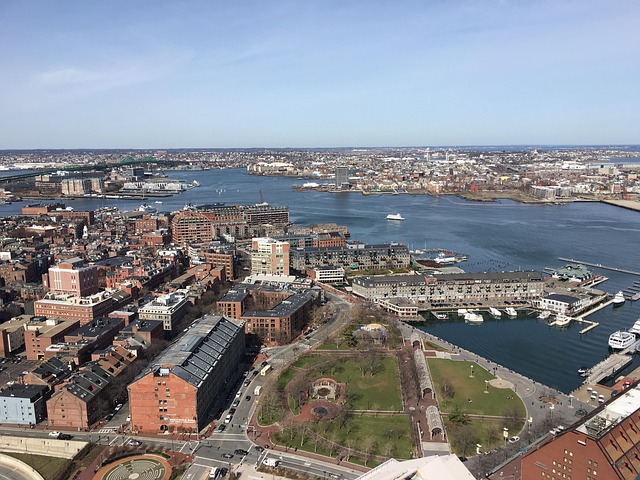
Boston has taken a significant step towards a greener future by implementing an innovative electronics recycling program as part of its city-wide sustainability initiative. This initiative aims to tackle the growing issue of electronic waste (e-waste) management, which is a significant concern in urban areas due to the rapid advancement of technology. By introducing efficient electronics recycling methods, Boston is leading the way in sustainable tech waste removal.
The program focuses on making the recycling process accessible and convenient for residents and businesses. It offers various e-waste drop-off locations across the city, encouraging citizens to responsibly dispose of their old electronics. One of the key features is the no-sort recycling system, where individuals can simply drop off their tech waste without separating different materials, streamlining the entire process. This approach not only simplifies recycling but also ensures that valuable resources are recovered from Boston’s electronics waste management efforts, contributing to a more sustainable future for the city and its environment.
The Impact of Tech Waste on Environment

The rapid advancement in technology has led to a significant increase in electronic waste, or e-waste, across the globe. As devices become more accessible and frequently replaced, the proper disposal of outdated electronics has emerged as a pressing environmental concern. In Boston, for instance, electronics recycling programs have gained traction as a sustainable solution.
E-waste contains toxic substances such as lead, mercury, and cadmium, which can contaminate soil and water if not managed properly. Improper disposal methods often result in these hazardous materials leaching into the environment, posing risks to ecosystems and human health. Encouragingly, convenient electronics disposal options, including recycling centers that accept all brands, offer Boston residents a responsible way to get rid of their old electronics. Additionally, computer recycling programs in Boston play a vital role in ensuring that electronic components are recycled or reused, thereby reducing the environmental impact of tech waste.
Services Offered by Boston's Green Tech Removal

Boston’s Green Tech Removal offers a comprehensive suite of services aimed at revolutionizing waste removal and corporate social responsibility recycling. Their expertise lies in electronics recycling Boston, ensuring that old devices like computers, phones, and tablets are disposed of safely and responsibly. Beyond basic recycling, they navigate complex regulations on e-waste, including restrictions on recycling mobile phones and tablets in Boston.
The service provider is equipped to handle various types of electronic waste, promoting a sustainable environment. Their corporate e-scrap management solutions cater to businesses looking to minimize their environmental impact while adhering to local recycling laws. By partnering with Green Tech Removal, corporations can contribute to the global effort to reduce electronic waste and foster a greener future.
Sustainable Disposal: A Step-by-Step Guide

At a time when sustainability is at the forefront of many industries, proper electronic waste (e-waste) disposal through electronics recycling Boston services plays a pivotal role in safeguarding our environment. The process begins with educating on responsible recycling. It’s crucial to understand that not all e-waste ends up being recycled properly. Many hazardous materials, if not handled correctly, can contaminate soil and water bodies. Therefore, staying compliant with e-scrap rules Boston is essential to prevent such disasters.
The first step in sustainable disposal involves sorting the e-waste into categories based on material type. This includes separating metals, plastics, glass, and circuits for specialized recycling processes. After sorting, the materials are sent to designated facilities where they undergo various treatments like shredding, melting, or chemical extraction to recover valuable resources while ensuring minimal environmental impact. The end goal of sustainable computer recycling is to keep these materials out of landfills and give them new life, thereby reducing the need for extracting raw materials from the earth.
Boston’s green tech waste removal services are leading the way in sustainable disposal, addressing a pressing environmental issue. By offering specialized electronics recycling programs, the city not only reduces the harmful impact of tech waste but also fosters a more eco-friendly future. Through their comprehensive step-by-step guide, Boston residents and businesses can actively participate in this movement, ensuring that old electronics are disposed of responsibly. Embracing these initiatives is crucial in protecting our environment and creating a greener, more sustainable world.



